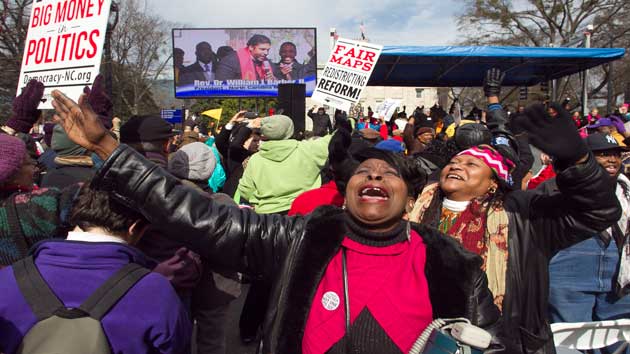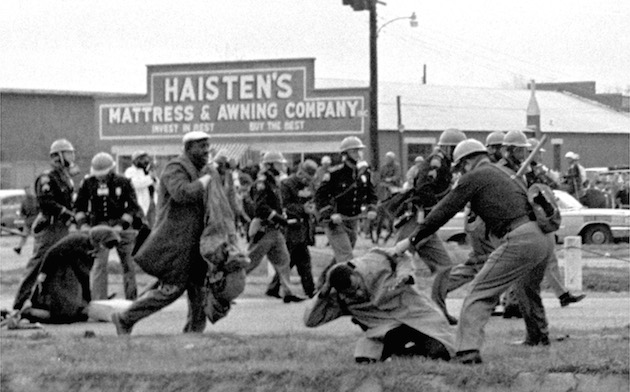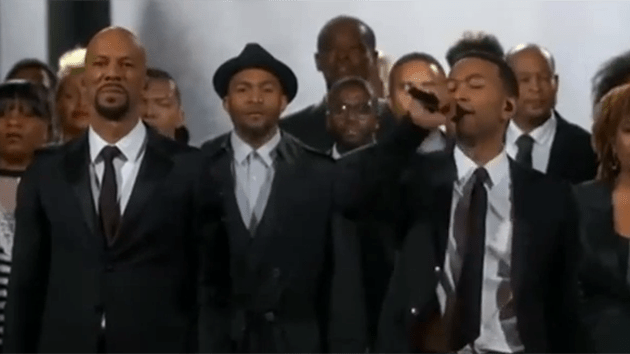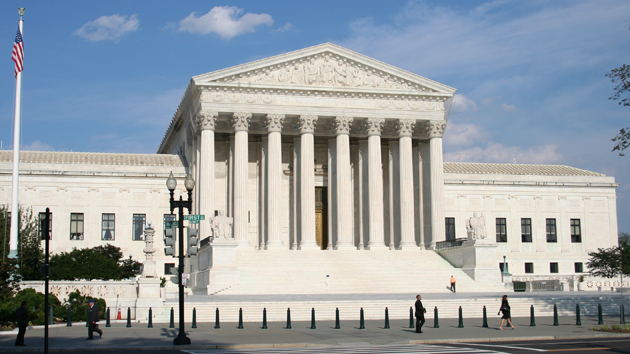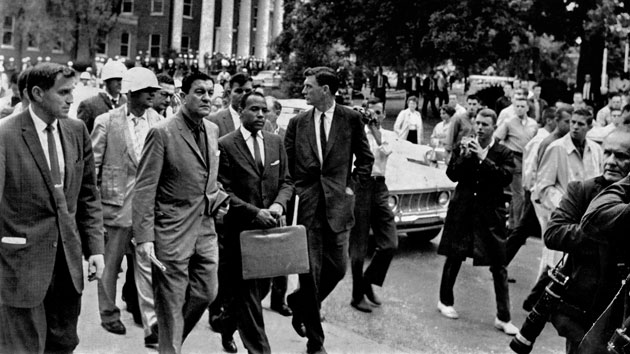
John Doar (right) escorts James Meredith to his first class as the first black student at the University of Mississippi in 1962. The Commercial Appeal/ZUMA
Few people in the federal government did as much for the civil rights movement as John Doar. As a lawyer in the Department of Justice, he rode through the South with the Freedom Riders in 1961, investigated the murders of three civil rights workers in 1964, and at one point in Jackson, Mississippi, put himself between police and demonstrators to defuse a violent situation using only his reputation. As the New York Times recounted in his obituary last year:
“My name is John Doar—D-O-A-R,” he shouted to the crowd. “I’m from the Justice Department, and anybody here knows what I stand for is right.” That qualified as a full-length speech from the laconic Mr. Doar. At his continued urging, the crowd slowly melted away.
The FBI’s files on Doar, which was released to Mother Jones this week under the Freedom of Information Act, included a fascinating behind-the-scenes glimpse of how J. Edgar Hoover’s FBI viewed this civil rights crusader. When he was promoted to head the Civil Rights Division of the Department of Justice by President Lyndon Johnson in 1964, for instance, agents noted that Doar had been “straightened out” after complaining about the bureau’s slow response to civil rights violations in the Deep South:
His file also contained an interview with a former colleague of Doar’s which revealed a persistent character flaw—he cared way too much about civil rights and prioritized such cases over other issues:
All was not forgiven, despite what the memo to Hoover suggested. In 1967, after Doar had resigned from the Civil Rights Division and taken a new job in Brooklyn, an agent proposed using the former adversary as a liaison in handling racial unrest in Bedford-Stuyvesant. Hoover and his deputy, Clyde Tolson, gave the proposal an emphatic rejection:
You can read the FBI’s full file on Doar here.

